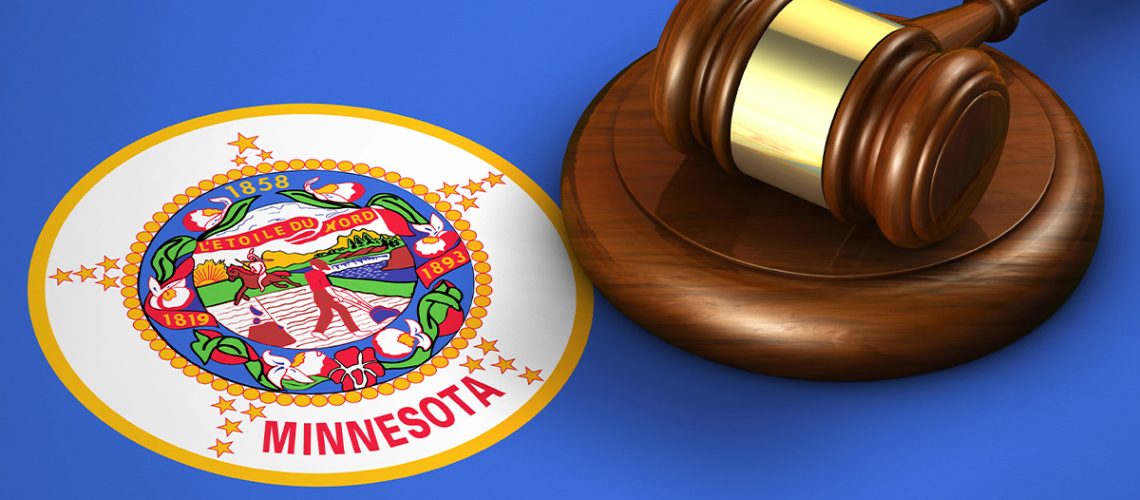Earlier this year Minnesota MN SF 4097, a bill that greatly impacts medical debt collection in the state, was passed, and many of the key provisions went into effect at the beginning of October, 2024. While many of these changes in MN SF 4097 were pretty straight forward, a new definition of “collecting party” will have an impact on hospitals and healthcare providers. We covered this bill in a previous article, and in this article we’ll cover the new definition of “collecting party” as well as some of the new rules that have gone into effect.
Under MN SF 4097, the new definition of “collecting party” means, “a party engaged in collecting medical debt” Collecting party does not include parties when complying with a court order of statutory obligation to garnish or levy a debtor’s property, including banks, credit unions, public officers, and garnishees”. This new definition of “collecting party” in Minnesota SF 4097 now includes the creditor itself – hospitals and healthcare providers – and not just collection agencies, adding a new layer of complication to collecting bad debt from patients.
Specifically, one duty under MN SF 4097 that will be imposed on creditors is a new disclosure requirement. “A collecting party must not:… (18) when initially contacting a Minnesota debtor by mail to collect a medical debt, fail to include a disclosure on the contact notice, in a type size or font which is equal to or larger than the largest other type of type size or font used in the text of the notice”, that includes and identifies the Office of the Minnesota Attorney General’s general telephone number, and states: “You have the right to hire your own attorney to represent you in this matter.” This means that you as the healthcare provider must add this language to your statements.
Enforcement of this and other provisions can lead to statutory damages of $1,000 per violation and $3,000 for willful violation. Damages increase with the consumer Price Index (CPI). Providers should take care to discuss the impact of this bill with their legal counsel.
A high-level recap of the key provisions of MN SF 4097 are:
- Effective October 1, 2024
- Any “collecting party” (providers & debt collectors) is generally prohibited from reporting medical debt to credit reporting agencies.
- Providers are prohibited from withholding medically necessary care due to unpaid debt.
- Certain judgment collection and bankruptcy reforms are included in the bill.
- Medical providers are required to publish their medical debt collection practices.
- There are new processes for patients to dispute incorrect coding or billing of medical care.
- Provides that a spouse is not liable for the debts of the other spouse.
MN SF 4097 will have an impact on many areas of trying to collect medical bad debt, especially when it includes providers as a “collecting party” in its definitions. With many of the key provisions already in effect, it is important to work with legal counsel to ensure you are in compliance.
Ridiculously Nice Legal Disclaimer
The content provided in this communication (“Content”) is presented for educational and general reference purposes only. Americollect, Inc and/or AmeriEBO LLC either directly or indirectly through speakers, independent contractors, or employees (collectively referred to as “Americollect”) is providing this Content as a courtesy to be used for informational purposes only. The Contents are not intended to serve as legal or other advice. Americollect does not represent or warrant that the Content is accurate, complete, or current for any specific or particular purpose or application. This information is not intended to be a full and exhaustive explanation of the law in any area, nor should it be used to replace the advice of your own legal counsel. By using the Content in any way, whether or not authorized, the user assumes all risk and hereby releases Americollect from any liability associated with the Content.

